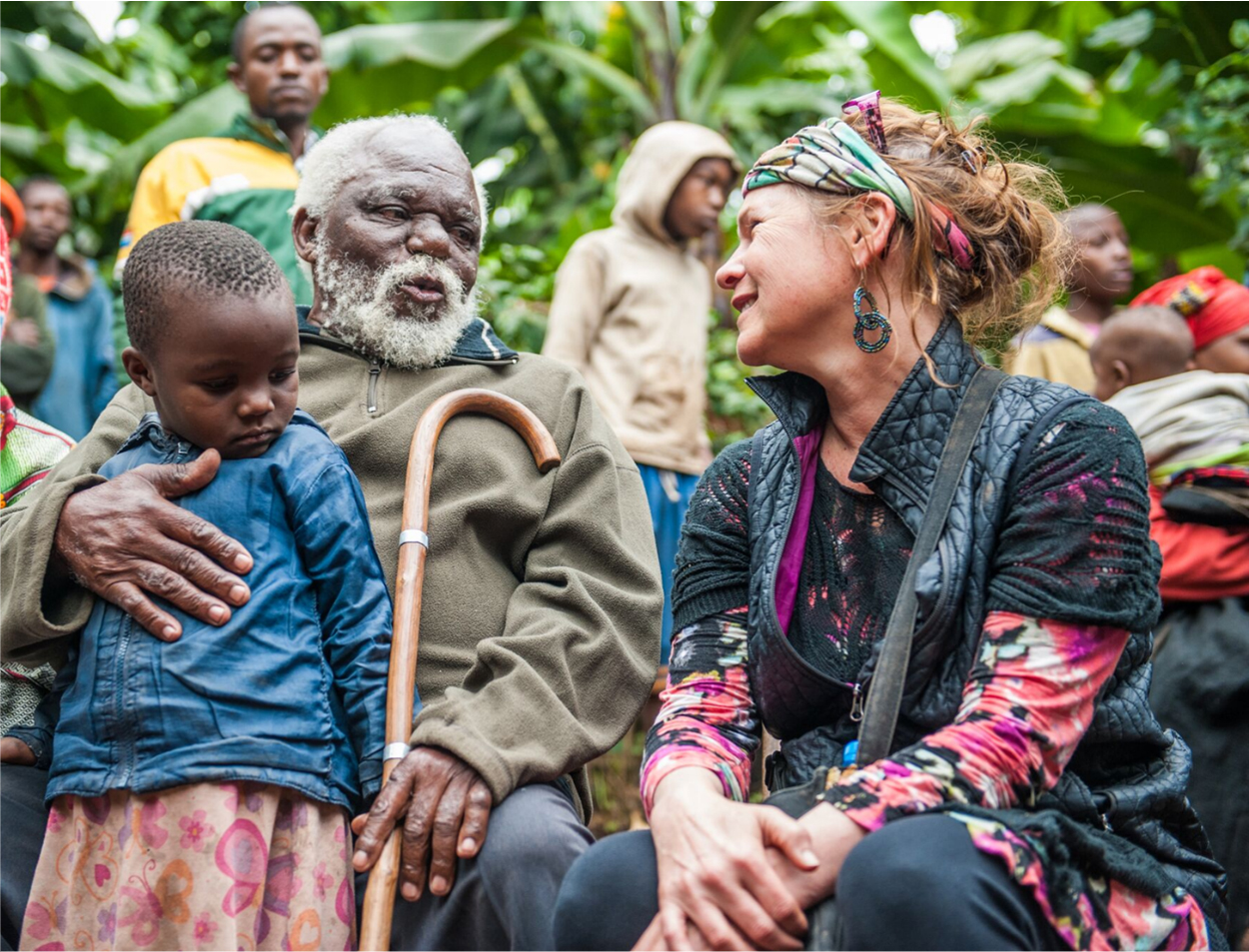
University of Mississippi psychology professor Laura Johnson (right) has coauthored a grant to work with the Jane Goodall Institute's Roots & Shoots program. Alongside her doctoral students, Johnson will lead an international research and evaluation effort spanning four African countries over three years. Photo courtesy Cady Herring
Laura Johnson partners with Jane Goodall Institute’s Roots & Shoots program
An expert on positive youth development, University of Mississippi psychology professor Laura Johnson is partnering with the Jane Goodall Institute, or JGI, to affect change among young people across countries in Africa.
Johnson, who has a long history of collaboration with JGI, has coauthored a grant for its Roots & Shoots youth program. The grant includes a subaward to the university to support an international research and evaluation effort, led by Johnson and her doctoral students, spanning four African countries over three years.
“Our results will have sweeping implications for the future of peaceful and sustainable communities in the region and in the world, especially given Africa’s increasing visibility and role on the global stage,” Johnson said.
“How to best equip young people across countries in Africa with the strengths and capacities needed for effective pro-environmental and civic engagement is a question of scholarly and practical concern.”
The three-year, $1.6 million grant from the John Templeton Foundation aims to foster the development of “compassion and action” in 1 million youth across countries in Africa. Roots & Shoots, created in 1991 by Jane Goodall, DBE, founder of the Jane Goodall Institute and U.N. Messenger of Peace, helps promote environmental, social and civic engagement among young people through service projects that help people, other animals, and the environment.
A global program in more than 60 countries, Roots & Shoots has more than 3,100 groups in African countries that support young people to create positive change through community projects as well as hosting conservation-related events, providing scholarships and leading workshops, among other activities.
The subaward will enable Johnson and University of Mississippi psychology students to examine the effectiveness of service-learning experiences within the program, and the degree to which participants have changed on measurable scales of compassion, self-efficacy, sense of community, connection to nature, gratitude and other aspects of positive youth development.
Besides the evaluation, the grant will help activate a regional community of practice for Roots & Shoots staff in up to 18 African countries and the United States, as well as support program activities in four African countries: the Democratic Republic of Congo, the Republic of Congo, Uganda, and Tanzania.
In past work with the Roots & Shoots program, Johnson has witnessed firsthand the advantages of involving young people in African countries in solving community problems.
“Youth are an undervalued resource around the world,” she said. “Across countries in Africa, where youth make up the bulk of the populace, it is essential to enlist their creative power to take action to benefit the environment and their communities.
“In pilot projects funded by the National Geographic Foundation in the Mikumi area of Tanzania, where human-lion conflict is a concern, and in the Kilimanjaro region, where deforestation is a concern, Roots & Shoots youth have used photography and community mapping to raise awareness and spur community action.”
Elijah Mudryk, a third-year doctoral student from Canada, began working with Johnson during the lion project in Tanzania. The project used survey and photovoice data to explore peaceful alternatives to human-lion conflict among Tanzanian youth and communities. This experience led him to seek additional cross-cultural research opportunities.
“It’s fascinating to put together an understanding of the personal, cultural, psychological and developmental factors that all play into positive youth development,” Mudryk said. “I find myself excited to see what work we can put together each day and projecting how this may aid youth and communities across the world – an impact that could be felt months, years or even decades down the road.”
Johnson said she is thrilled that the funding will facilitate student involvement. Caitlyn Geraci, a second-year doctoral student in psychology, said the project feels “full circle” after her experience working with youth in South Africa for a year following her undergraduate degree.
“Since that time, I wanted to pursue clinical training and international research,” said Geraci, who is a San Antonio native. “Having the opportunity to sit in on virtual meetings with people across countries and languages has altered the way I view research.
“It has challenged me to think about the environment I come from and extend my learning across cultures. It has also demonstrated the significance of researching how community and environmental education intersect with youth well-being and change-making.
“This is exactly the type of work I was seeking to do in my graduate education at Ole Miss.”
This is the first time that Zeina Ramadan, a first-year psychology doctoral student from Lebanon, will gain exposure to a project that focuses on youth in African countries.
“Cross-cultural research has been teaching me about the benefits of collaborative methodology, exposing me to contexts and populations I would not have otherwise had the opportunity to work with,” Ramadan said. “Most importantly, it has been teaching me and reteaching me about the beauties and complexities of cultures, including my own.”
Johnson and Geraci will attend the Roots & Shoots kickoff event in Tanzania in March. Johnson also plans to lead a summer study abroad course that focuses on the project, with opportunities for undergraduate students to get involved for class credit.
This material is based on work supported by the John Templeton Foundation via the Jane Goodall Institute under Grant No. 62355.
By Erin Garrett

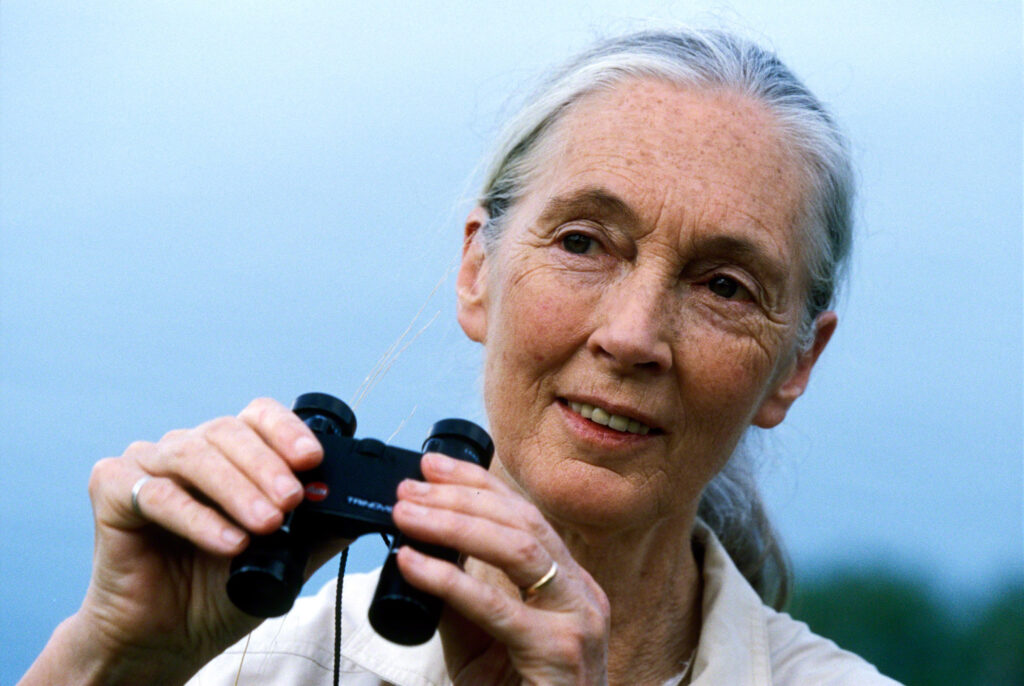
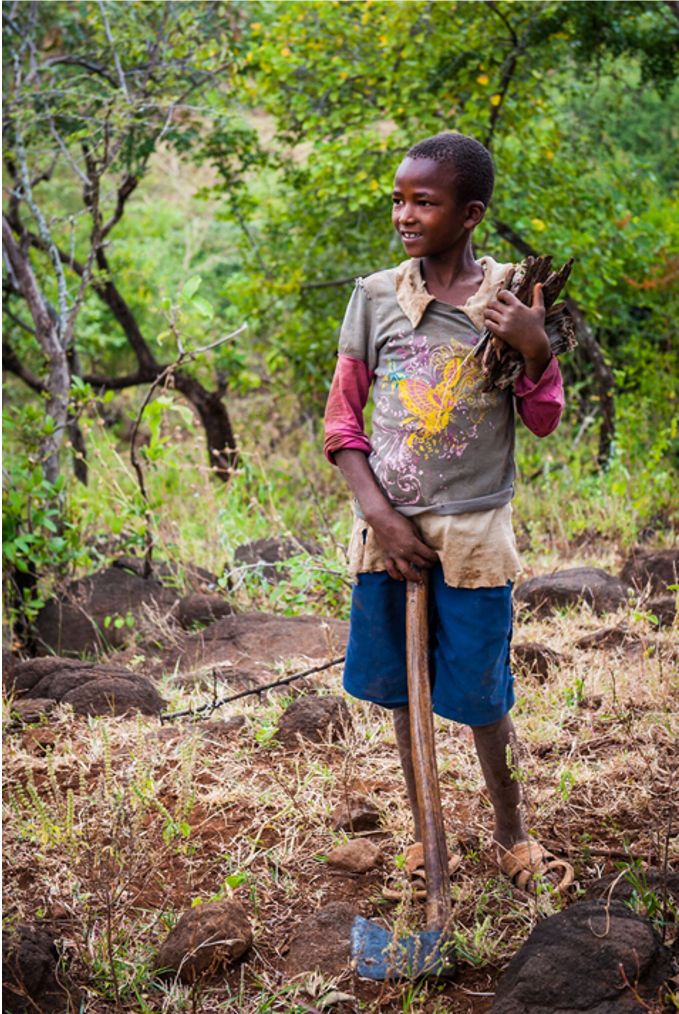
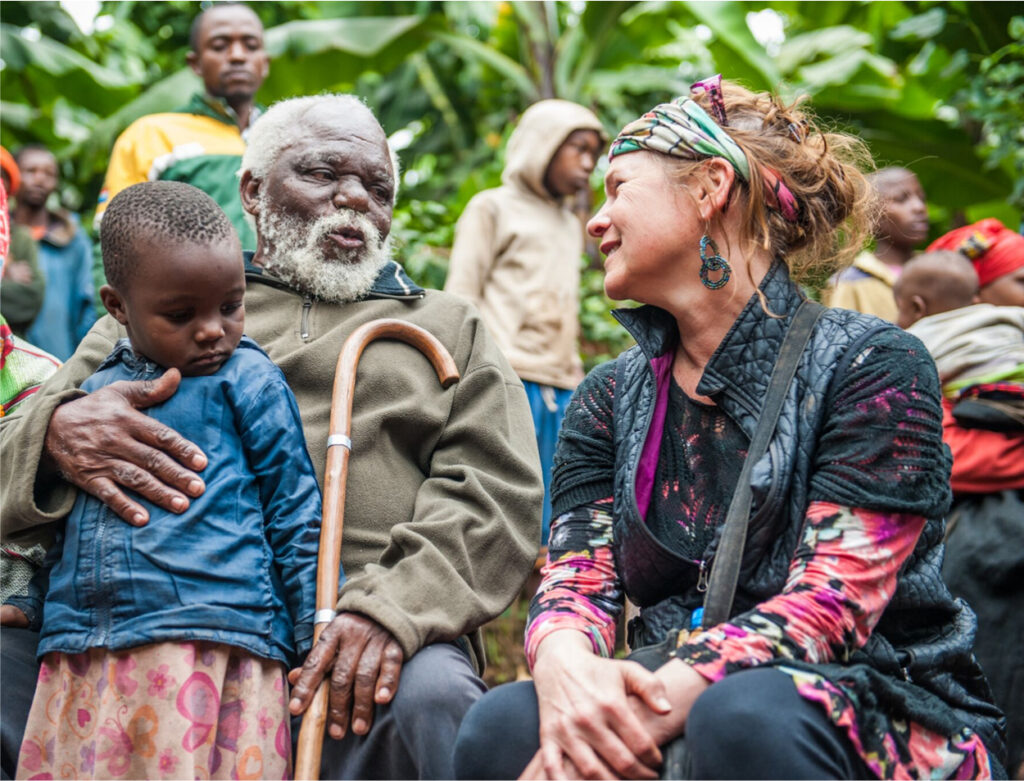
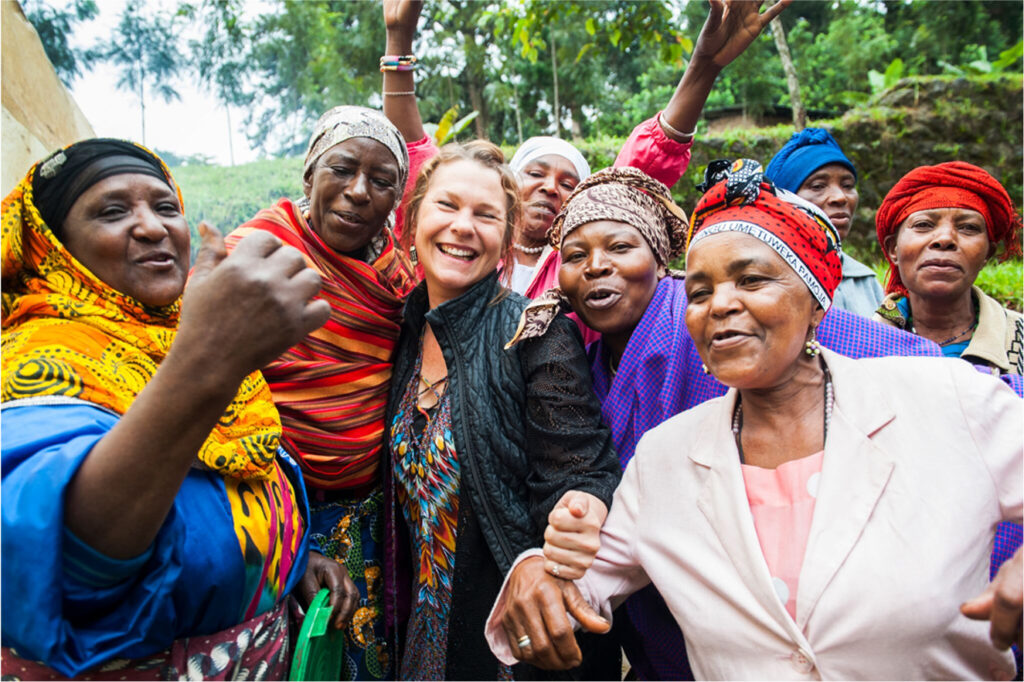
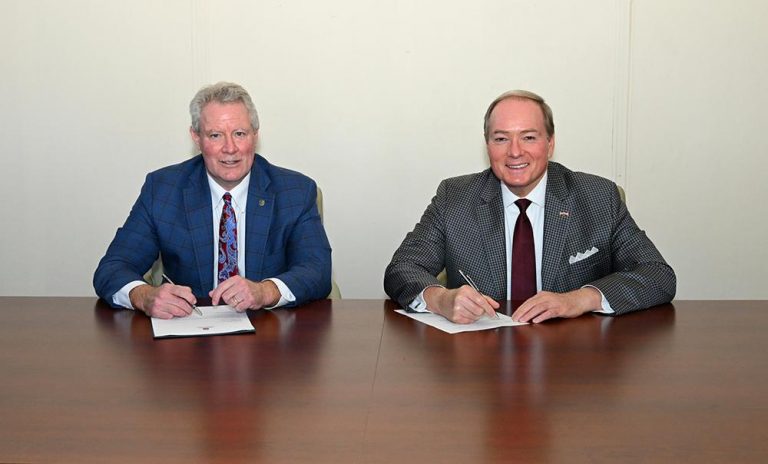


1 thought on “University of Mississippi Professor, Students Research Strengths Among Youth in Africa”